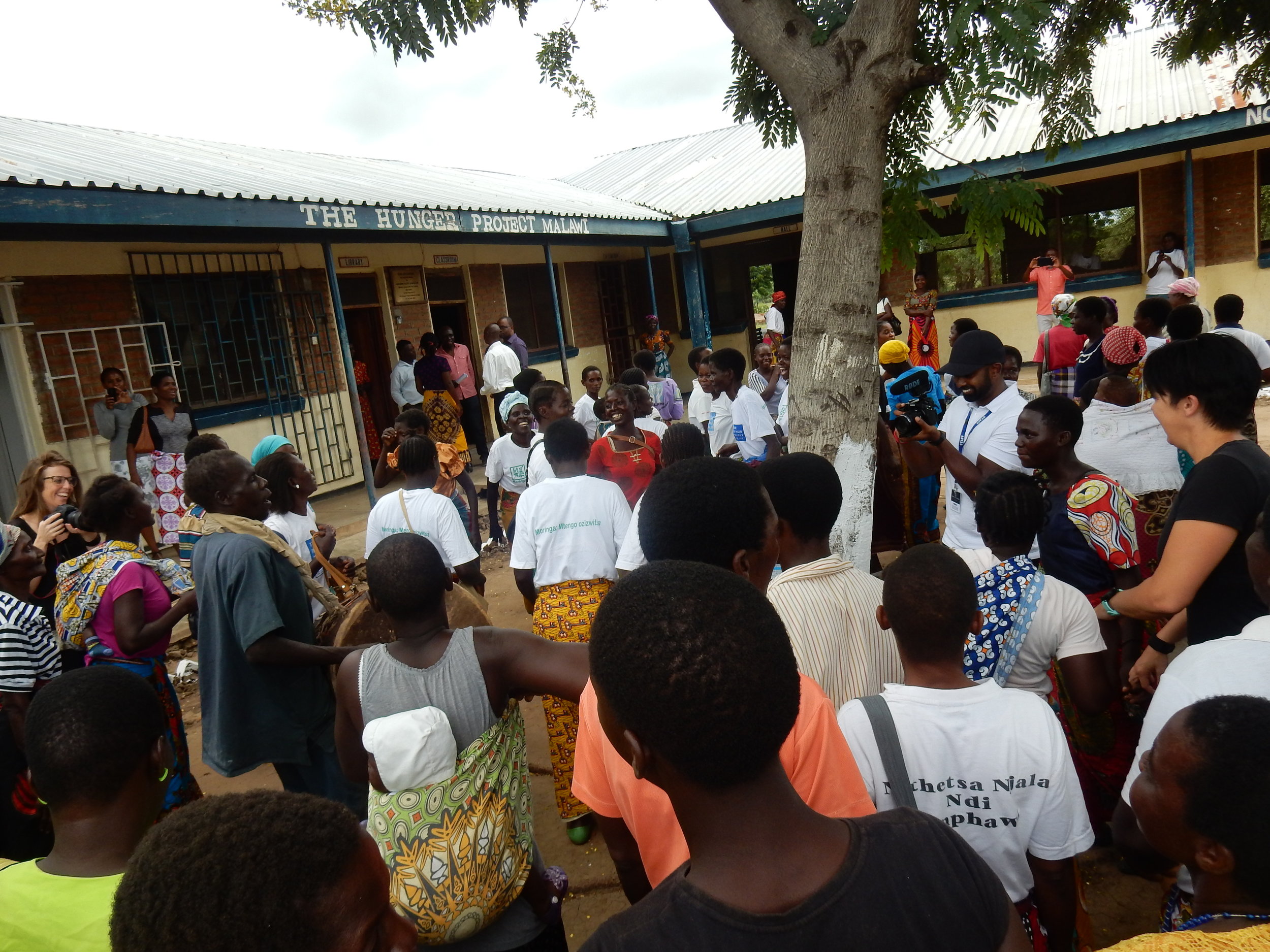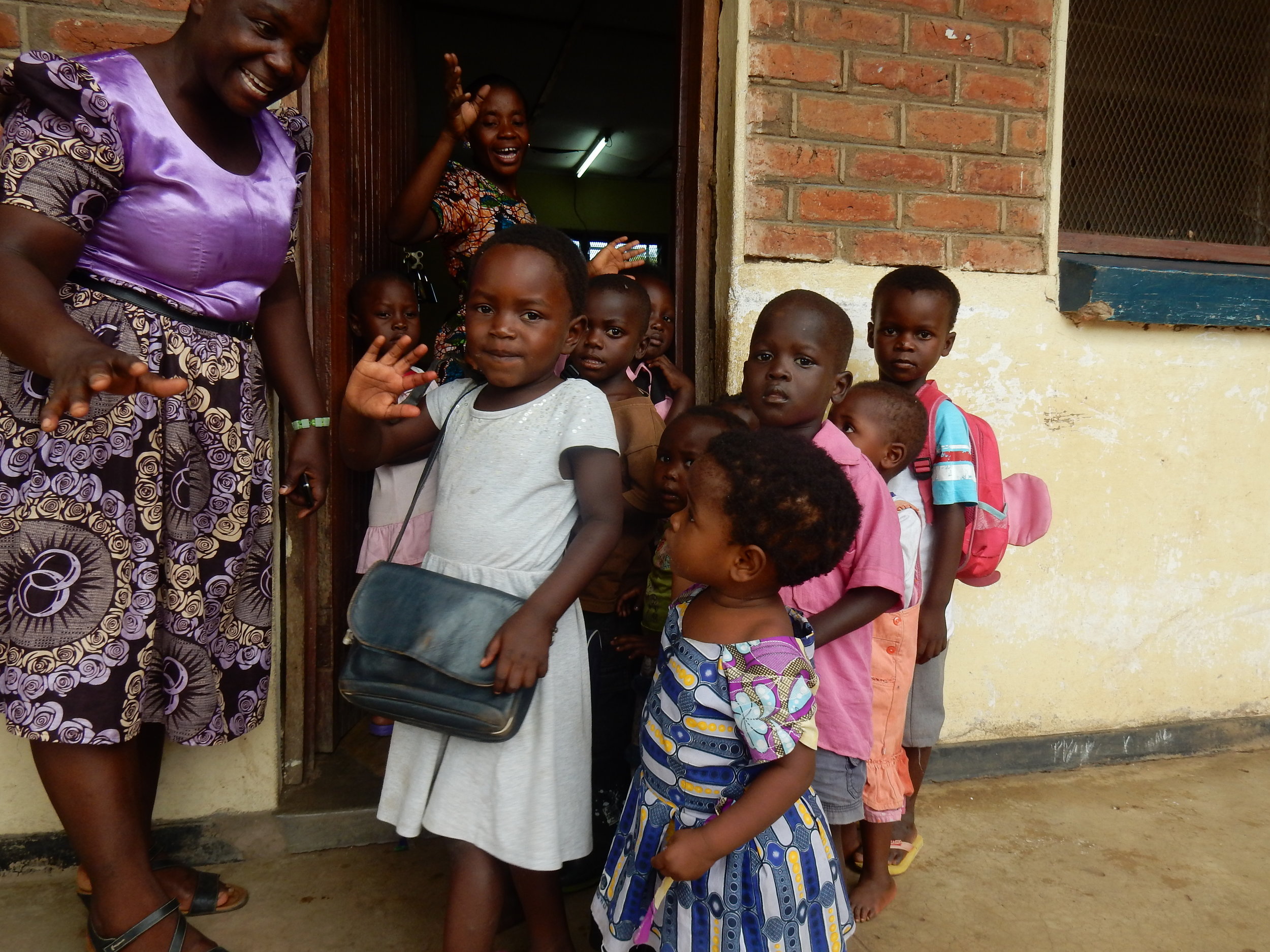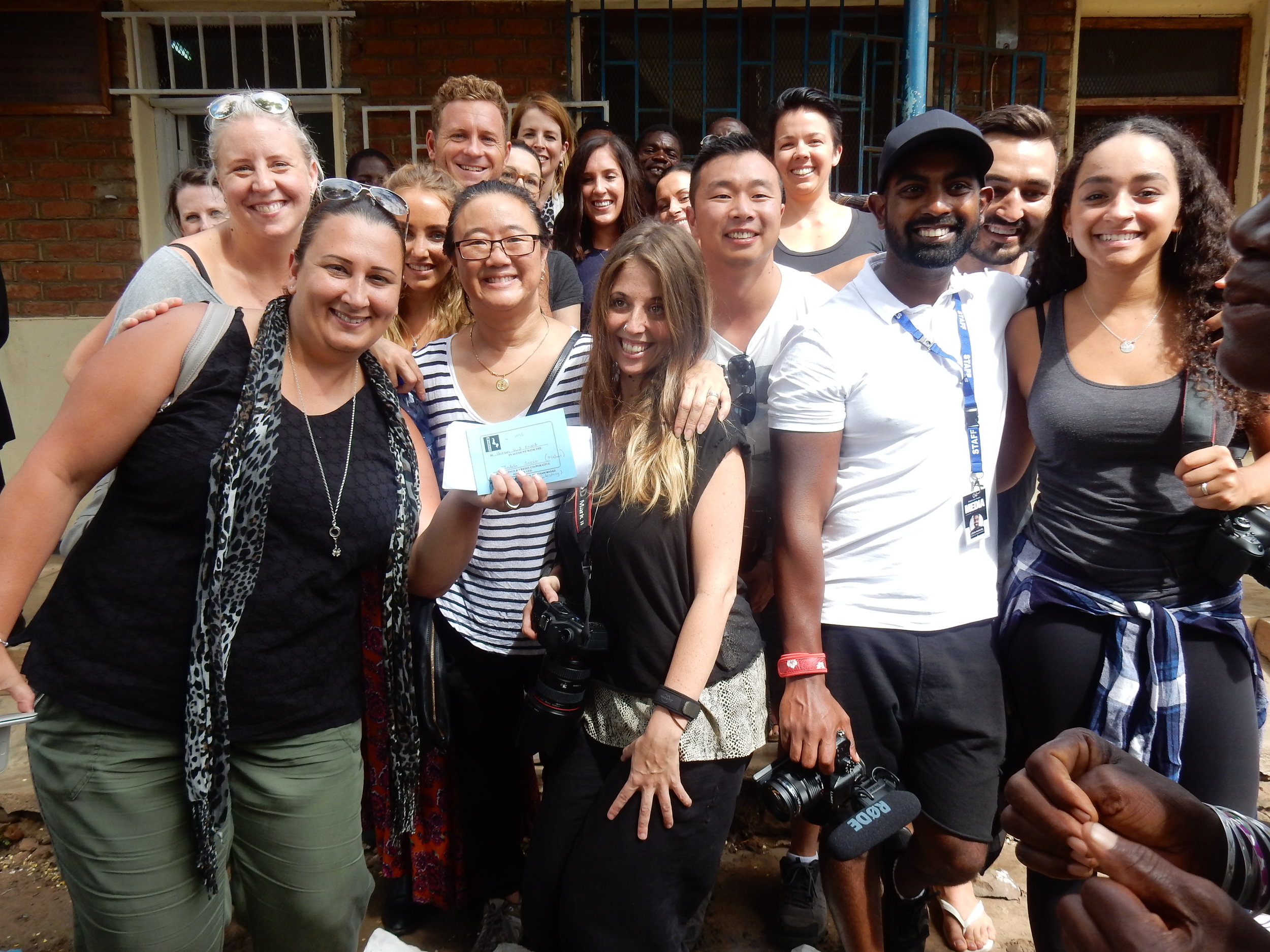What Kind of Person Do You Want to Be?
Four weeks ago, I travelled to Malawi to attend a Leadership and Immersion program in support of The Hunger Project. I travelled with a group of entrepreneurs and business owners. This is the second time I have been to Africa with The Hunger Project. This trip could not have been more different from the first. During my first trip, to Uganda, I was faced with utter despair and the depths of poverty and hunger. I saw children dying of hunger and the everyday occurrence of infant death. My trip to Malawi was completely different. Whereas the first was an emotional journey this trip brought to light the intricacies and complexities of poverty and the way different communities are fighting against it.
I visited 3 villages on this trip and experienced 3 very different communities. Each struggling to overcome poverty and hunger, with various levels of success. Each community was dealing differently with adversity, the challenges, the setbacks and successes they faced.
At Chorus Executive, I meet a diverse range of people every day and the different ways the Malawians dealt with their situations reminded me of the different types of people I meet in my role. During times of adversity and even of joy, how do you approach situations? Are you one who sees opportunities, who takes charge and action? Are you one who thinks that it will all be fine “later”? Life will be great after the next promotion, pay increase, finding the one you love, buying your new car… etc. Are you one who worries and dwells in the past and ponders why this has happened to you? Are you one who looks for others to blame? Are you the one who never gives up, who picks themselves up, time and time again, no matter what happens. The one who never stops trying?
I saw the impact of each of these mindsets at work in villagers we met Malawi.
The first epicentre we visited was called Ligowe. Built over 10 years ago, they had become self-reliant. This is no small feat - they had solved the issue of hunger in their region. The school was operational, the food bank was full enough to cover any shortfalls and the micro-lending bank was helping villagers build businesses to support themselves. This community was radiant, they were empowered and nothing could stop them. They had solved hunger and poverty in their region and they wanted to know what they could do to help the next village, the village after that and the village after that one. Simply, they were unstoppable. This is not to say that they didn’t have difficult times, or at times felt tired or hopeless but when these times occurred they weren’t defeated, they joined together, gained clarity and then took action.
Next, we visited the Machete epicentre situated next to a game park. Over the years, the game park had been ravaged by poachers and capitalism. With money comes enterprise – there were bars, brothels and an undercurrent that was very intimidating. We were escorted by armed guards and still, or perhaps because of this, there was a sense of unease.
As we moved through the epicentre and met with the villagers, we found that whilst some parts of the epicentre were thriving with brick buildings, electricity and alcohol, many were still struggling. It was still a daily battle to feed and educate their children. There was a cynicism and hopelessness in the community. They were scared. The money was there, they could see it and so could we. The available money wasn’t being used to help the entire community, it was being used to help a few. The struggles and complexity of the fight against hunger was clearest in Machete. Where there was no shortage of money yet the community was still fighting a losing battle. Many of the villagers here had given up hope.
The final village we visited was Nchalo. The Hunger Project had worked with Nchalo for several years but due to lack of funds they had to stop support. It was like a community in a time warp. A house 75% built. The slab was laid, the foundations strong and the builders there ready to go but the materials for the roof had not arrived. Instead of being able to complete their dream home, the rain was getting in and slowly but surely everything was rotting. Everything was half finished and the community was losing hope. All the villagers we met asked for our help. They weren’t looking for handouts. They were looking for support that would allow them to help themselves. They were proud, they were driven, they just didn’t have the resources to finish the job. As a group, we walked away from Nchalo with the desire to do something. But what could we do? We were only 14 people from Australia on a 10-day Leadership Trip. What could we do to help these 37,000 people who had lived a lifetime of hunger and poverty?
We were not overwhelmed by the size of the problem, we were inspired. It was hard not to be. We met with villagers who were passionate and focused. Their purpose was clear and our role was simply to enable them. We had spoken to women who proudly claimed their equality in this man’s world. How many women in Australia see themselves as equal? Village men educated us on the use of the female condom for health and reproductive reasons and community representatives spoke to us about the health and nutrition education they had received. How could we not help? The 14 of us joined together to find a solution that would help this village finish what they started… and I am looking forward to returning to Nchalo in 2020 to celebrate their self-reliance.
As I have reflected on what I saw in Malawi, I had to consider the type of person I am in different situations, the type of person I am during adversity. Most of the time I am very optimistic, resilient and action orientated. But there are times when I have felt angry and frustrated, when I have blamed others for my situation and even my behaviour. The classic “he made me do it” has come out of my mouth. There are a few times I have even felt sorry for myself. These have been my reactions to adversity here in Australia where my problems have been “first world problems”. No one was going to die, my children were still clothed, fed and educated. What kind of person would I be if I had been born in Malawi?
We all get caught up in our own problems. It’s an easy and understandable thing to do. The true test for each of us is how we handle ourselves during these times. No matter the size of the challenge. Do we blame others? Do we dwell on the past and lament “why me?” Do we take a breath and pick ourselves back up again? How we face these challenges can change everything.
Since coming back to Australia I am seeing things in a very different light. I know and have seen with my own two eyes the impact of mindset, self-awareness, strong leadership, commitment, vision and action can have on people and on communities. How these things can change the lives of thousands. Can bring a village out of poverty to sustainability and from a place hopelessness to one of hope.
How much could a new mindset change your life here in Australia? What sort of person are you? Or, should I ask, what sort of person do you want to be?























